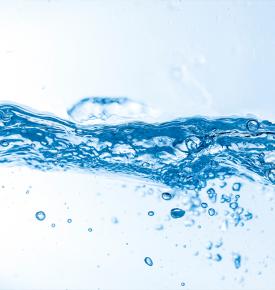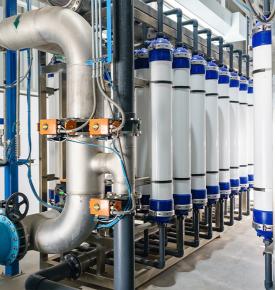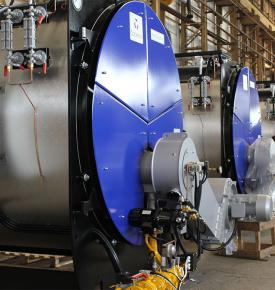Industrial Water Treatment
Industrial Enzymes
Blychem is the exclusive distributor of Novozymes in Mauritius. As such, we propose a wide range of enzymes for various applications such as:
- Textile wet processing
- Brewing
- Baking
- Manufacture of detergents
- Tanning
- Aquaculture
Textile Wet Processing (Mill & Laundry)
Enzymes provide endless possibilities in the treatment of fabrics. From pre-treatment to the finishing touch, we have a range of enzymes that help you to deliver high-quality fabrics to your customers.
Our range of products:
- Cellusoft L (Cellulase) for bio blasting
- Cellusoft Combi, (Catalase & Cellulase) for bio blasting and hydrogen peroxide removal
- Cellusoft CR (Cellulase) for bio blasting
- Terminox Ultra (Catalase) for removal of hydrogen peroxide
- Aquazym SDL (Amylase) for starch removal
- Valumax 376 (Cellulase) for abrasion of denim at hot temperature
- Valumax 838 (Cellulase) for abrasion of denim at both hot & cold temperatures
- Denimax Core 6400 (Cellulase) for abrasion and desizing in same bath for denim
- Savinase 16L (Alcalase) for treating Luxuriant-feeling silk & to enhance the lustre of silk fibre
- Scourzyme (Pectate lyase) to improve dyeing and yarn elongation for improved weaving efficiencies, lower weight losses
More on Textile Mill
Brewing
The traditional source of enzymes to convert cereals into beer is barley malt, one of the key ingredients in brewing. In high adjunct recipes, there is a need to use enzymes in the brewing process to increase fermentable extract, improve filtration cycles and reduce the maturation time.
Our range of product includes:
- Termamyl Brew Q, which contains alpha amylase used in beer filtration, increase yield and improv quality
- Promozyme (Glucoamylase) to improve fermentation
- Maturex (Alpha-acetolactate decarboxylase) decreases the content of diacetyl in beer and improves beer's taste and flavour. It also shortens the maturation period.
More on Brewing
Baking
Enzymes help bakers in the enhancement of bread production processes. Enzymes help to:
- Improve dough's handling properties
- Increase dough stability
- Increase proofing tolerance
As a result, the baking production processes will flow smoothly, ensuring consistent top-quality end-bread products.
Enzymes also enable to keep bread fresher for a longer period.
Our range of products includes:
- Fungamy 4000 (Amylase) for flour correction
- Panzea BG (Hemicellulase) for dough conditioning
- Glyzyme Mono (Glucose oxidase) for gluten strengthening
- Lipopan Max BG (Lipase) for dough strengthening
More on Baking
Manufacture of Detergents
Enzymes are continuously growing in importance for detergents’ formulators. Each of the major types of detergent enzymes - amylases, proteases, lipases and cellulases - provides specific benefits. Some of the main benefits of using Novozymes's detergent products are:
Better cleaning performance
Shorter washing times
Reduced energy consumption by lowering wash temperatures
Reduced water consumption through higher cleaning efficiency
Minimal environmental impact because enzymes are biodegradable
Our range of products includes:
- Termamyl 300l/T (Amylase) for starch removal
- Lipolase L/T (Lipase) for grease removal
- Savinase 16L (Protease) for protein removal
- Everlase (Protease) for protein removal
- Mannaway (Mannanase) for complex stain removal
- Celluclean (Cellulase) to enhance whiteness
Tanning(Leather)
Enzymes facilitate the removal of proteins and fats in the tanning process
Our range of products includes:
- Novobate (Protease/Lipase) to increase eveness, softness and uniformity in the dyeing process
- Novocor AX (Elactase) to increase area and improves softness without impairing strength
More on Tanning
Fuel Ethanol
Enzymes offer a natural and effective way to maintain healthy conditions in Fuel Ethanol.
Our range of products:
- Termamyl SC or Liquozyme (Alpha amylase) ensures efficient starch conversion
- Vicozyme provides higher ethanol production capacity







